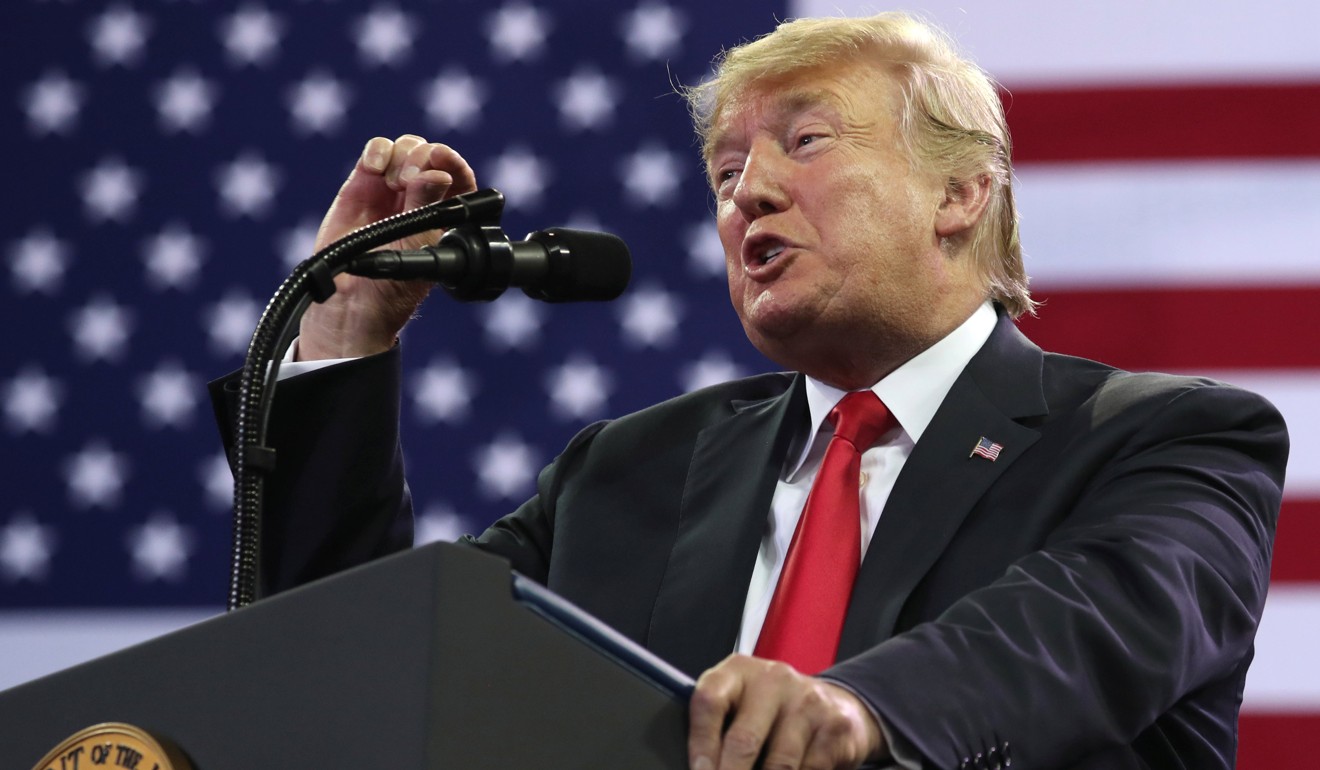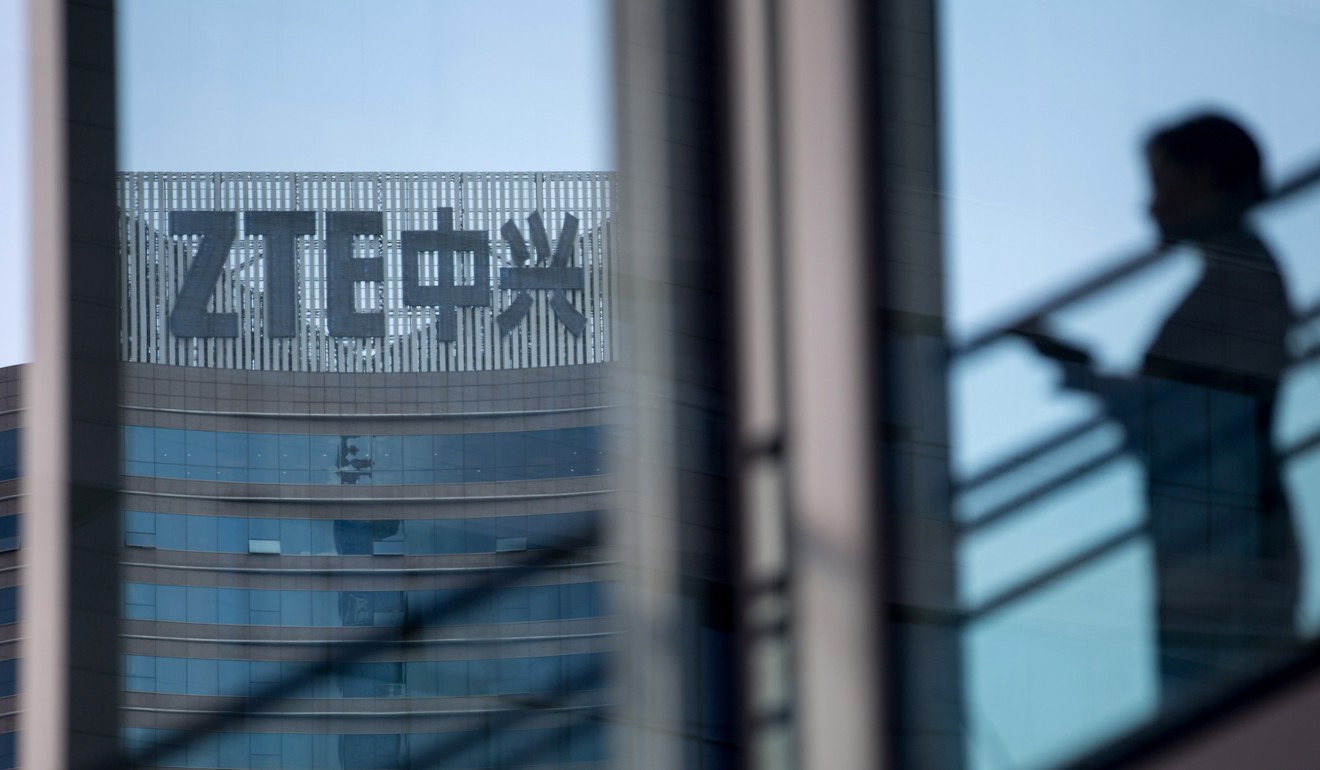
US-China trade tussle forces China to reform faster, says asset manager Amundi
Beijing is shifting its policy focus from cutting overcapacity to upgrading the value chain with national grants and support to IP that protect Chinese corporate interests
If there is a bright spot in the brewing US-China trade tensions, it is the short-term uncertainty that would fuel the mainland to push through necessary reforms faster to boost long-term economic growth, says asset manager Amundi’s senior economist for macroeconomic research Qinwei Wang.
“I am [being] constructive on [the impact from] Trump’s pressure … because what is actually happening is Chinese policymakers are taking this opportunity to speed up reforms,” Wang said in a media briefing in Hong Kong.
US sanctions on ZTE were also a big lesson for Chinese companies and policymakers, Wang said. They have driven and strengthened China’s determination to catch up in the production chain and produce proprietary core technologies.
Beijing’s shift in its policy focus from cutting overcapacity to upgrading the economy – such as giving national grants and support in intellectual property protection – has become more pronounced amid the pressing need to protect Chinese corporate interests as the trade spat with the US intensifies.

I am [being] constructive on [the impact from] Trump’s pressure … because what is actually happening is Chinese policymakers are taking this opportunity to speed up reforms
Therefore, Amundi – Europe’s largest asset manager with €1.43 trillion (US$1.66 trillion) of assets under management – said it remained constructive on Chinese equities: applying a relative value trading strategy in asset allocations by going long on the Hang Seng China Enterprises stocks while shorting emerging markets as a hedge.
As the mainland economy’s structural transition would lessen the credit and debt risk problem in the future, large banks were seen as more resilient than small banks because of their better liquidity and capital capacities during the central government’s deleveraging process, it said.
Valuations of Hong Kong-listed Chinese banks are also cheap and less exposed to the “noise” from the US-China conflict, according to the firm.

At the same time, new listing rules would reshape Hong Kong’s market structure to attract greater participation from the mainland ahead, Pang said.
Hong Kong and mainland Chinese markets continued to suffer losses on Thursday as worries remained over the US-China trade conflict turning into an outright trade war.
The Hang Seng Index, Hong Kong’s benchmark, fell 1.35 per cent, or 400.12 points, to close at 29,296.05, wiping out Wednesday’s small gains after a four-day losing streak. The Hang Seng China Enterprises Index also decreased 1.23 per cent, or 141.08 points, to 11,364.66, marking its lowest level since February.
The CSI 300, which tracks blue-chip stocks listed in Shanghai and Shenzhen, declined by 1.17 per cent, or 42.47 points, to 3,592.97, while the Shanghai Composite Index lost 1.37 per cent, or 39.92 points, to 2,875.81. Both the CSI and the Shanghai Composite were trading near their one-year lows.

